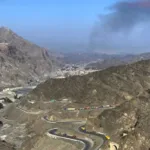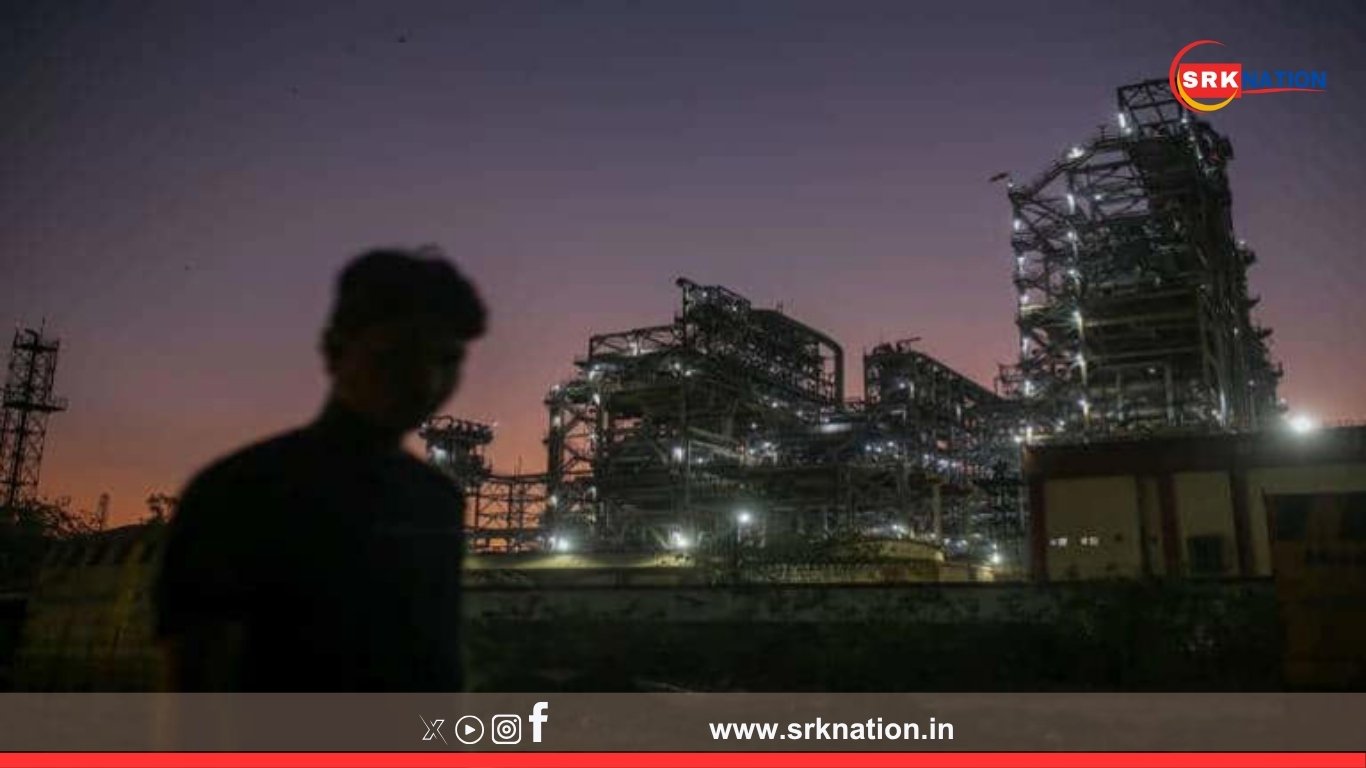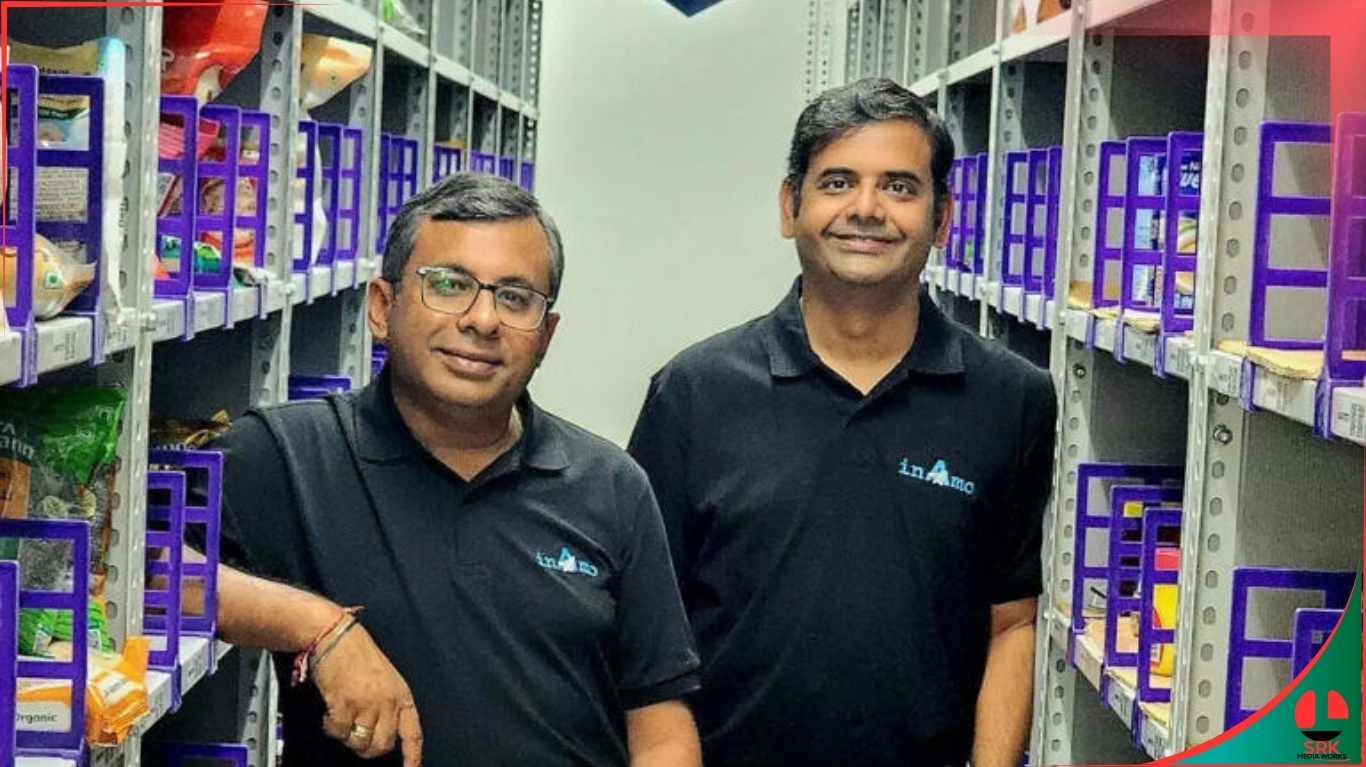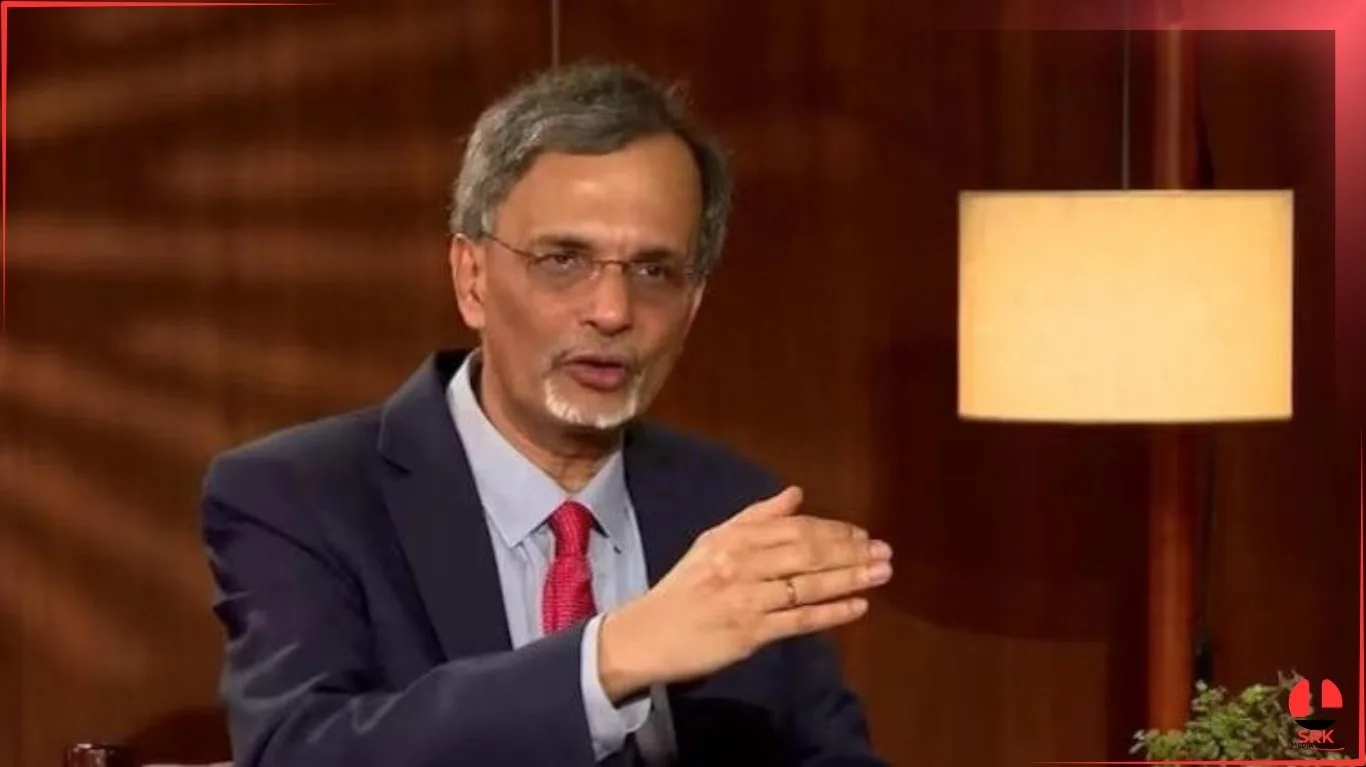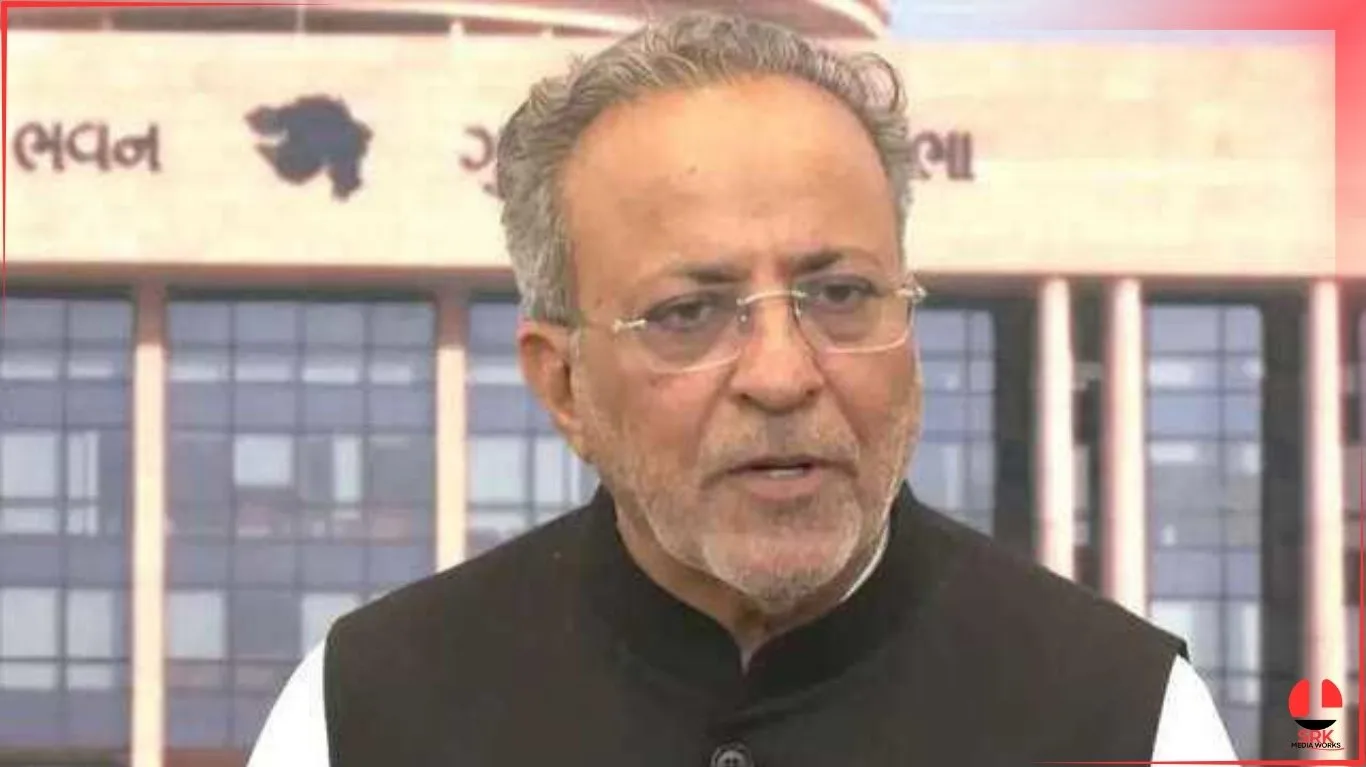In a major push to bolster energy security, the Indian government is planning to establish strategic petroleum reserves (SPRs) at six new locations, aiming to expand the country’s crude oil backup capacity to meet 90 days of emergency demand, according to a report by Mint.
New Sites Identified for Strategic Storage
The proposed sites include:
- Mangalore Special Economic Zone (Karnataka)
- Bikaner (Rajasthan) – where salt caverns are being explored for underground storage
- Four additional coastal and refinery-adjacent locations to ensure logistical efficiency
Engineers India Ltd (EIL) has been tasked with preparing detailed feasibility reports, expected by the end of 2025.
Why This Matters: India’s Oil Dependency
India imports nearly 85% of its crude oil, consuming around 5.5 million barrels per day. The country’s current SPRs—located in Visakhapatnam, Mangaluru, and Padur—hold 5.33 million metric tonnes, covering just 9.5 days of national demand.
Including inventories held by state-run refiners, India currently maintains about 77 days of net import coverage, still short of the 90-day benchmark set by the International Energy Agency (IEA).
Geopolitical Tensions Prompt Urgency
The move comes amid heightened instability in West Asia, particularly following the Israel-Iran conflict, which has threatened global oil flows through the Strait of Hormuz—a vital chokepoint for India-bound crude.
“The plan is to take India’s reserve capacity to 90 days. That’s the basic requirement,” a source told Mint.
Investment and Global Partnerships
Each 1 million tonne reserve is estimated to require ₹2,500 crore in capital expenditure. India is also exploring public-private partnerships and global collaborations, with UAE’s ADNOC already leasing capacity in existing reserves.
What’s Next?
The six new SPRs will be in addition to the second phase of India’s reserve expansion, which includes facilities in Chandikhol (Odisha) and an expansion in Padur (Karnataka).
🔁 Share this article to stay informed on India’s evolving energy strategy and efforts to safeguard against global oil shocks.


